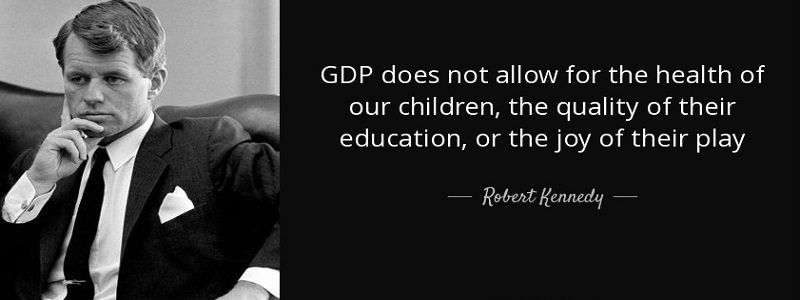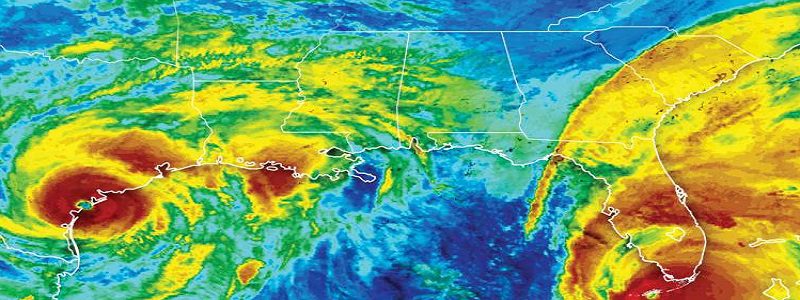NEWS
NGSS-Aligned Professional Development Workshop on Argument & Scientific Reasoning
Argument-Centered Education is conducting a Next Generation Science Standards aligned professional development workshop for middle and secondary school science teachers in Chicago, titled
Infusing Argument into Lab Reports, Science Exhibits, and Scientific Reasoning Assessments
The event will be hosted by Whitney Young Magnet High School (211 S. Laflin Ave.) on Saturday, October 21st, from 9am – 11am. It is being sponsored by the Chicago Public Schools Office of Teaching and Learning.
Arguing about Ancient Chinese Philosophy — the Confucianism vs. Daoism Project
We worked recently with a partner school’s Global Studies course and their Ancient China unit. The outcome: an argument-based small group discussion project on Confucianism and Daoism.
The post below includes resources which focus on the way that arguments can be made about the desirability of certain systems of thought and the values they inscript. The project also uses a format of discussion that is looser and less rules-based than a debate (though, of course, rules have their utility and place, when striving to reach certain levels of rigor in a scaffolded academic setting). Finally, this project is an example of the way that an argument-centered approach has the agility to incorporate varied curricular resources — in this instance, some SHEG (Stanford History Education Group) document excerpts and background information.
Tracking an Argument: Flowing RFK’s Speech on Our Use of the Gross Domestic Product
I recently collaborated with Jones College Prep AP Macroeconomics teacher Mike Borge on a short project he developed around the use of the gross domestic (or national) product as a key measurement of national strength. The component that we helped build out is the argument tracking function. Through this project, students learn how to convert straight-forward annotation into listening for and “flowing” argument.
The debatable issue for the project is:
Should the gross domestic product (GDP) be used as a key metric of American strength.
Bringing the Hurricanes into Your Classroom
The late-summer, 2017, brought two enormous, category 5 hurricanes crashing into the southern United States and the Caribbean, a several week ordeal that some individuals and communities in these regions will be spending years recovering from. Given the suffering that these massive storms have produced, one response we should feel as educators is a charitable one. Hurricane Harvey charitable efforts are collected and vetted on this credible site; while Hurricane Irma charities are similarly treated on this one.
Not in any way inconsistent with this moral reaction to the hurricanes is a pedagogical one: to bring the attention, media coverage, writing and thinking about, and latent issues within these thunderous acts of nature just prior to the school year into your classrooms early in the school year. This post will discuss an approach that we are taking with partner schools.
An Activity to Introduce the Academic Argument Model
Early in the school year, it is a good idea to introduce the fundamental academic argument model to students who may not be fully familiar with it, or to refresh students’ understanding even if they have worked with it extensively in the past. The ubiquity of the academic argument model — not only in argument-centered instruction, but throughout schooling — justifies spending some precious early-year, culture-establishing time on this task. This activity is designed to provide students with this (re-)introduction.






